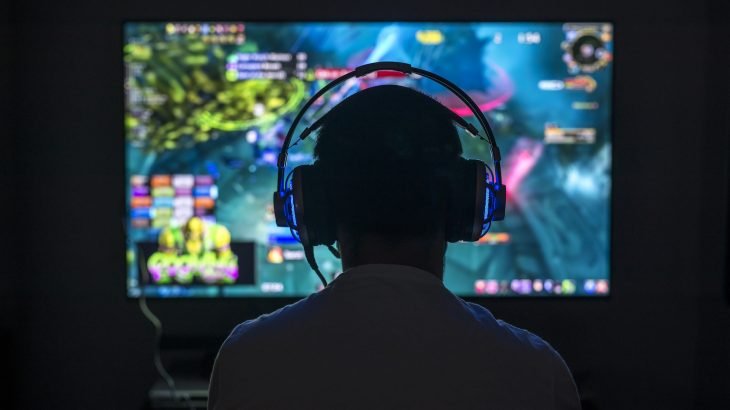Based on recent research findings, researchers from Oxford have said that they do not think there is not enough evidence to prove that gaming is a clinical disorder. Published by Internet Institue of Oxford, this study has gathered data from more than 1,000 adolescents and caregivers. However, not like other previous studies, it also looked into the context around the game habits of a person.
Oxford study
Andrew Przybylski (research director at Internet Institue and co-author of the study) has explained on the matter. He said that this is the 1st time they apply the theory of motivation and the principles of open science. They applied them to investigate the psychological need frustrations and satisfactions in the daily lives of adolescents which has a link to obsessive or dysregulated gaming engagement.

Their study's findings show that there is no evidence shows that unhealthy gaming relationship accounts for peer, behavioral, and substantial emotional problems. According to Przybylski, the findings seem to express that obsessive adolescent's video games playing is much more in accordance with their psychology basic needs.
This study has been prompted by the recent controversial decision of the WHO. Recently they have classified video game disorder as an addiction disorder in their recent publication. However, the researchers also note that this study does not put an end to the issue. According to them, it is very hard to understand the problem thoroughly without more data from the game developers.
Still, a long way to go

Przybylski explained that gaming has been rising rapidly in popularity thus it has incited lots of concerns from mental health and health care professions. This research proves that it is not sufficient that video games are to blame for the problem that many players are facing. However, we would need better and more data from game companies to understand this problem more thoroughly.
>>> More gaming tips on Gurugamer.com!










Comments